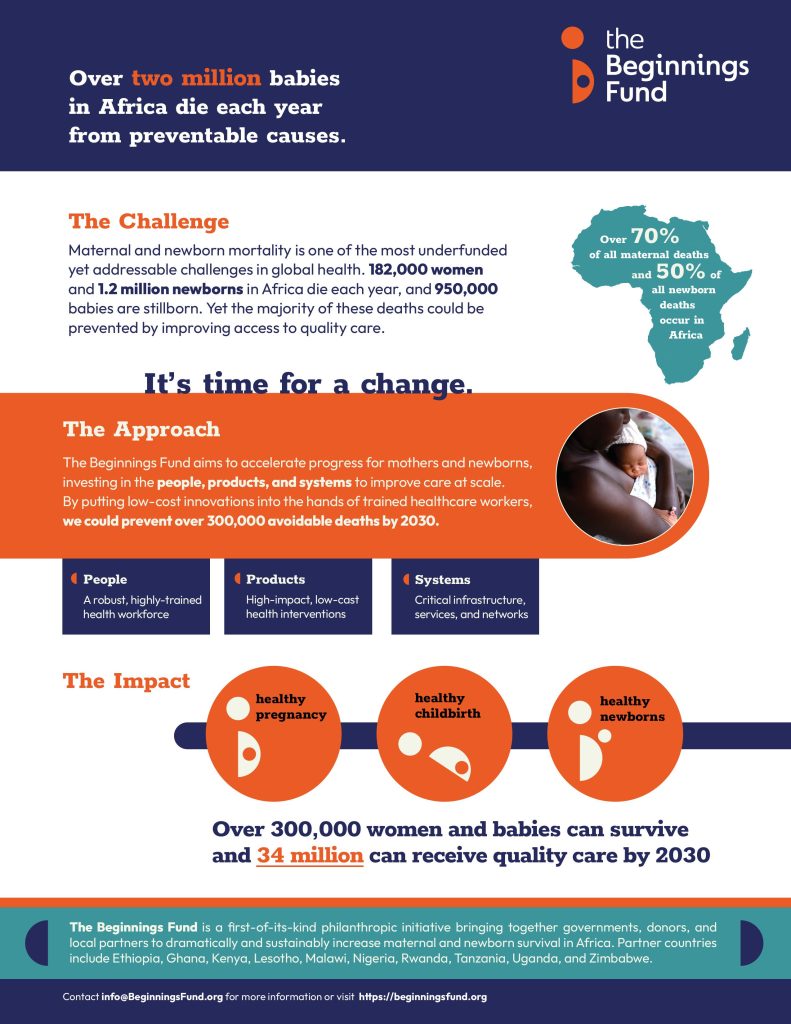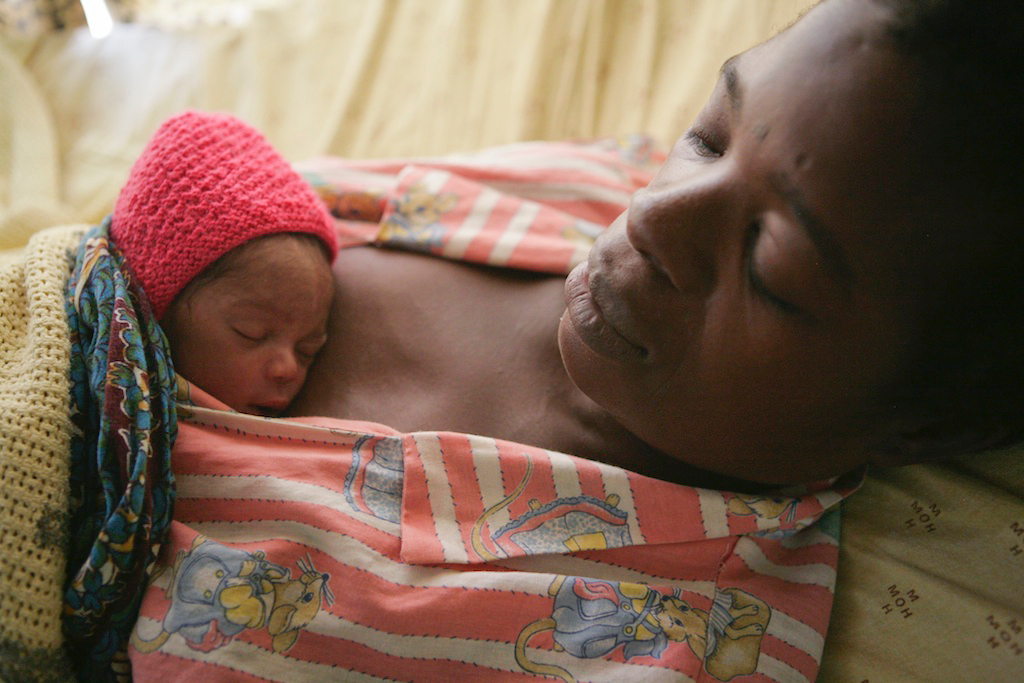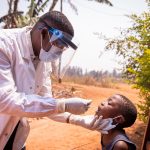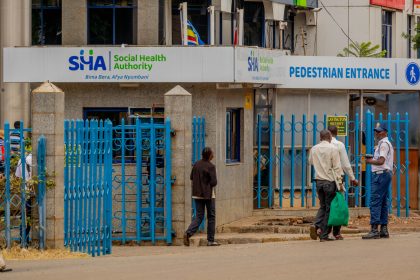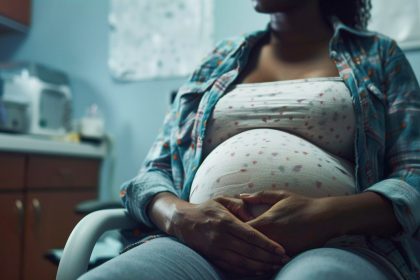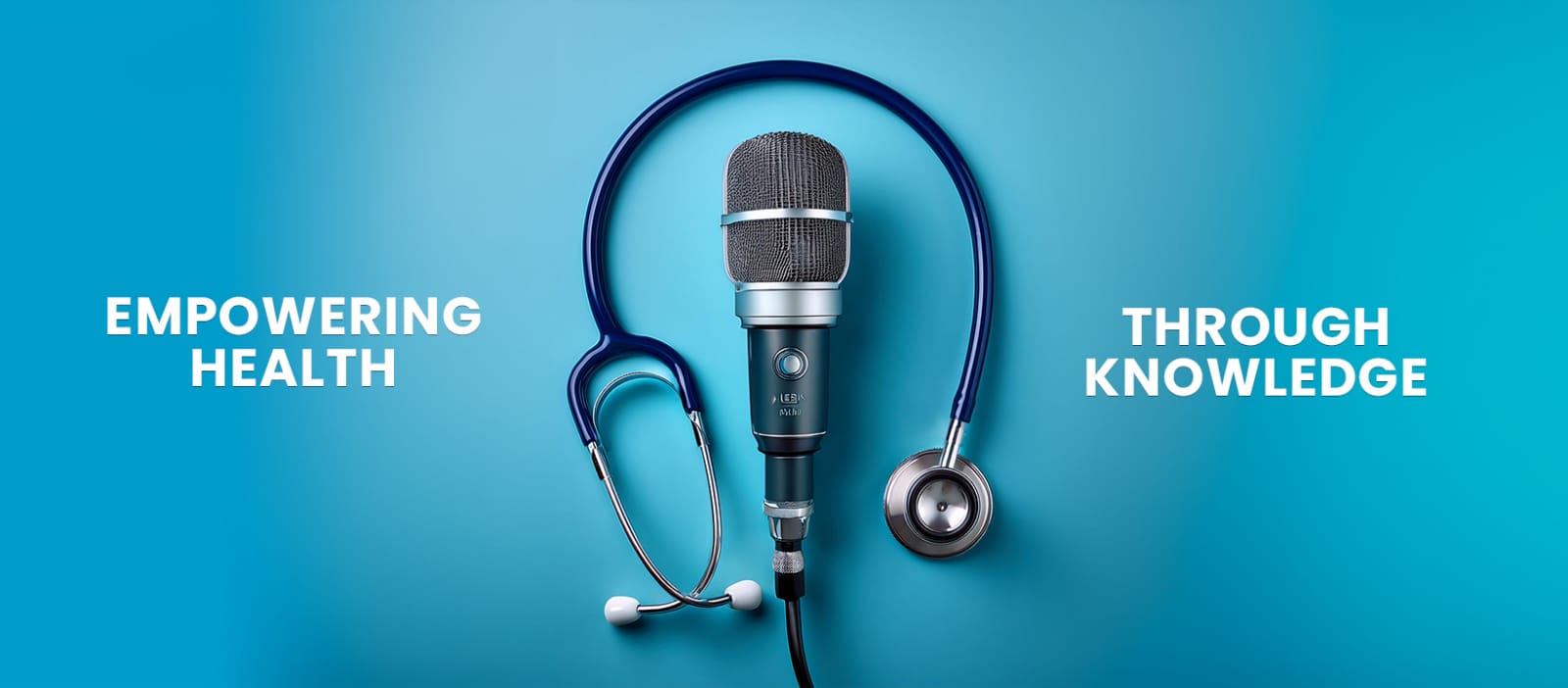More than Ksh70 billion has been pledged—not for headlines, but for heartbeats in a powerful show of solidarity by global philanthropies out to prevent maternal and newborn mortalities
Every two minutes, a woman in sub-Saharan Africa dies from preventable pregnancy or childbirth complications. In a historic effort, global philanthropies have joined forces to address this deadly but solvable crisis: maternal and newborn deaths.
The newly launched Beginnings Fund aims to save over 300,000 lives and improve care for 34 million mothers and babies across sub-Saharan Africa by 2030.
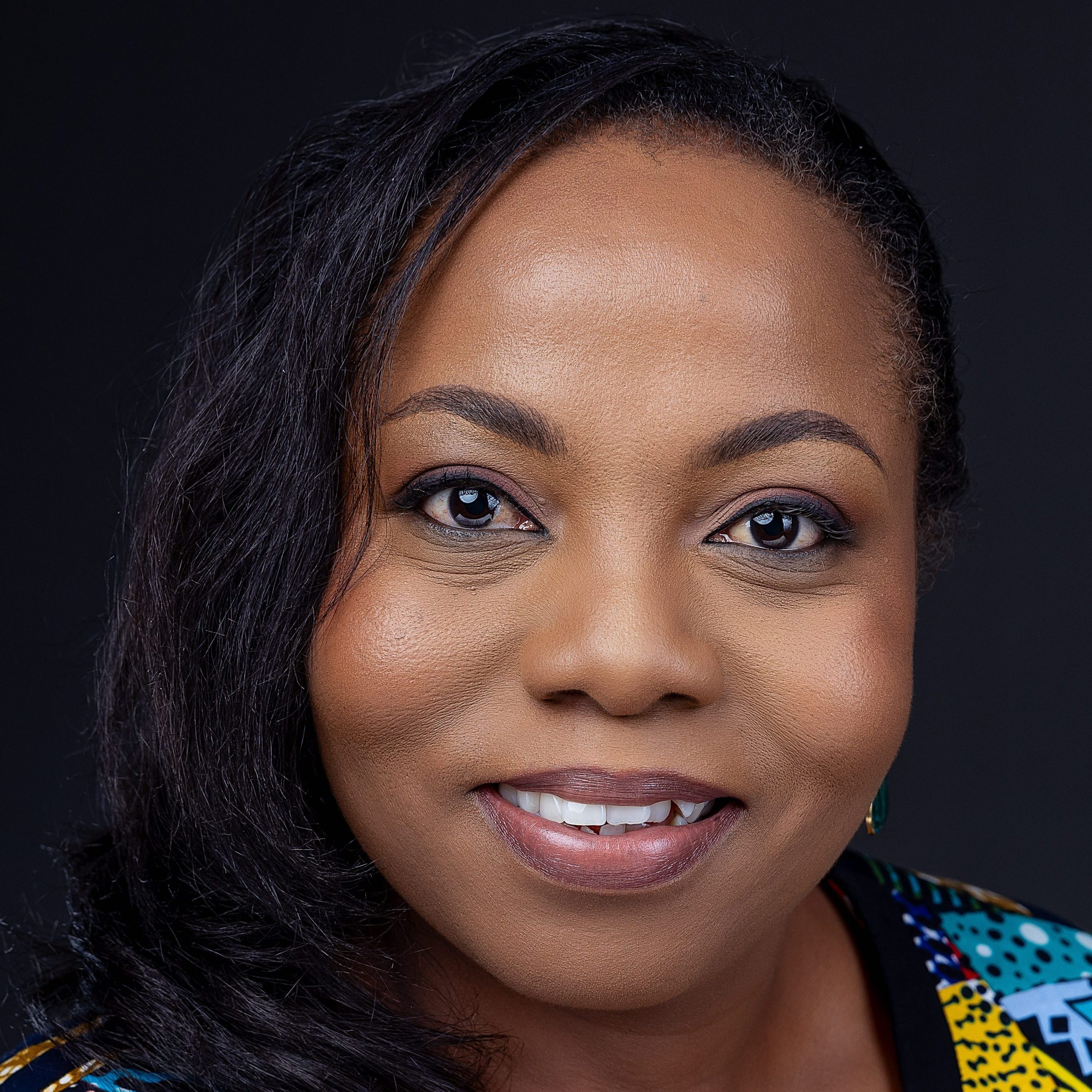
Launched at Kanad Hospital in Abu Dhabi on April 29, 2025, the Fund is backed by a coalition of donors including the Gates Foundation, the Mohamed bin Zayed Foundation for Humanity, the ELMA Foundation, Children’s Investment Fund Foundation (CIFF), and Delta Philanthropies.
Together, they have pledged nearly $600 million (over Ksh77 billion), including $100 million (about Ksh12.9 billion) in immediate funding to accelerate progress.
Alice Kang’ethe, CEO of the Beginnings Fund, added that “This is not charity. It is a smart, catalytic investment that saves lives and builds stronger nations.”
Indeed, Sub-Saharan Africa remains the epicentre of the global maternal health crisis, with a staggering 70 per cent of all maternal deaths worldwide occurring in the region, according to the World Health Organization (WHO) in Trends in Maternal Mortality 2000 to 2020 Report.
Nearly 1.2 million babies die within their first 28 days of life annually in Africa
Just imagine in Africa, a woman faces a one in 38 lifetime risk of dying during pregnancy or childbirth, compared to one in 3,700 in Europe.
The World Bank estimates that improving access to skilled care during childbirth could reduce maternal deaths by two-thirds. Yet, investment in maternal and newborn health remains critically underfunded, a global health blind spot the Beginnings Fund seeks to correct.
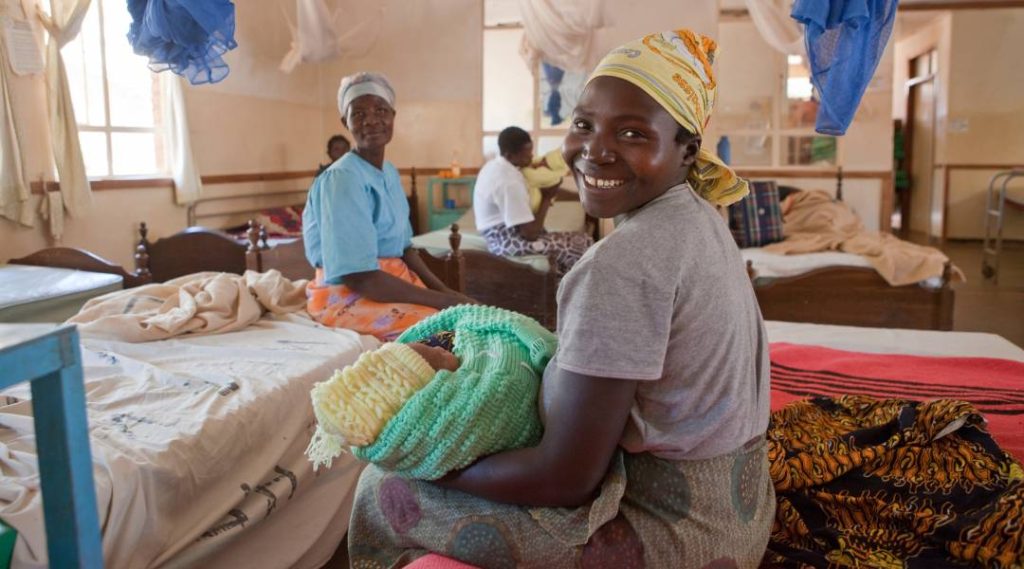
The neonatal picture is equally grim. WHO’s Every Newborn Action Plan note that nearly 1.2 million babies die within their first 28 days of life annually in Africa, while another 950,000 are stillborn, mostly from preventable causes.
Complementing these findings, the World Bank’s World Development Report 2023 underscores that expanding access to skilled care at birth could slash maternal mortality by as much as two-thirds. Yet, despite these alarming statistics and cost-effective solutions, maternal and newborn health continues to receive far less funding than other global health priorities, leaving millions of lives at risk.
According to the Ethiopian Minister of Health, Dr Mekdes Daba, the challenges currently being experienced can be prevented as “With the right investments and innovations, we can build resilient systems that protect every mother and child.”
Skilled birth attendance, emergency obstetric care could avert over 70 per cent of maternal and newborn deaths
According to His Highness Sheikh Theyab bin Mohamed bin Zayed Al Nahyan, the UAE’s journey from high maternal mortality rates to universal care has drawn its lessons from experiences.
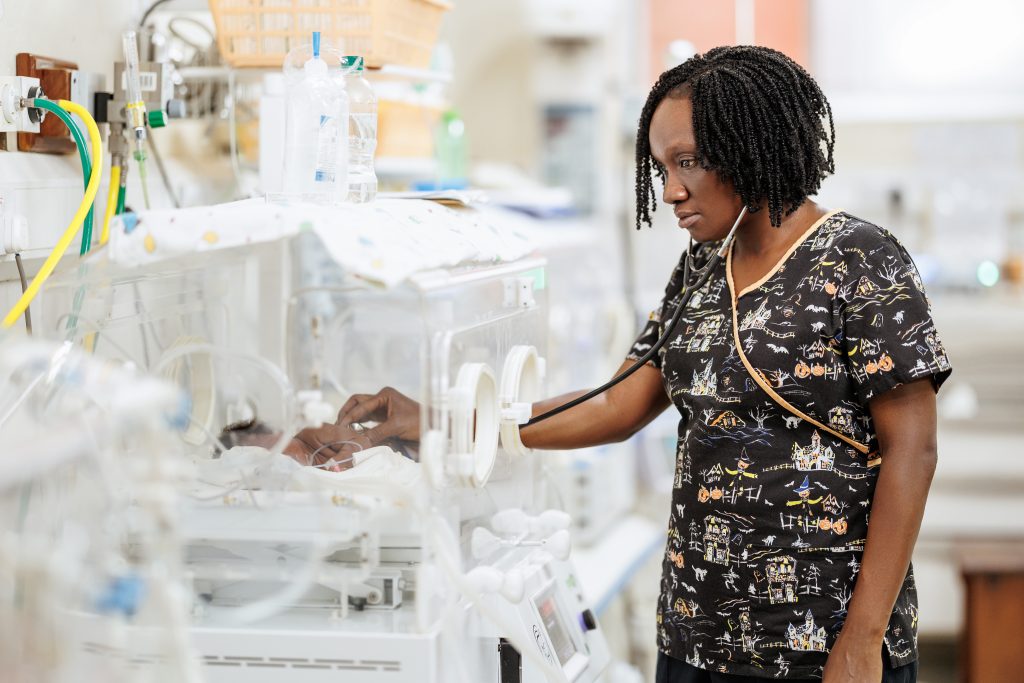
“Through the Mohamed bin Zayed Foundation for Humanity, we are honoured to support the Beginnings Fund in giving more mothers and children the opportunity of a healthy start.”
According to the United Nations Children’s Fund (UNICEF), interventions such as neonatal resuscitation, skilled birth attendance, and access to emergency obstetric care could avert over 70 per cent of maternal and newborn deaths in Africa.
Sir Chris Hohn, Chair of the Children’s Investment Fund Foundation (CIFF), made a powerful appeal, stating that “Ending preventable deaths during childbirth is within our grasp. The Beginnings Fund must be just the beginning; we need more governments, donors, and private partners on board.”
A template for tackling systemic health challenges through collaborative action
Tanya Masiyiwa, Chief Executive Officer of Delta Philanthropies, and Robyn Calder of The ELMA Foundation, echoed this sentiment, calling the initiative “unprecedented” and a template for tackling systemic health challenges through collaborative action.
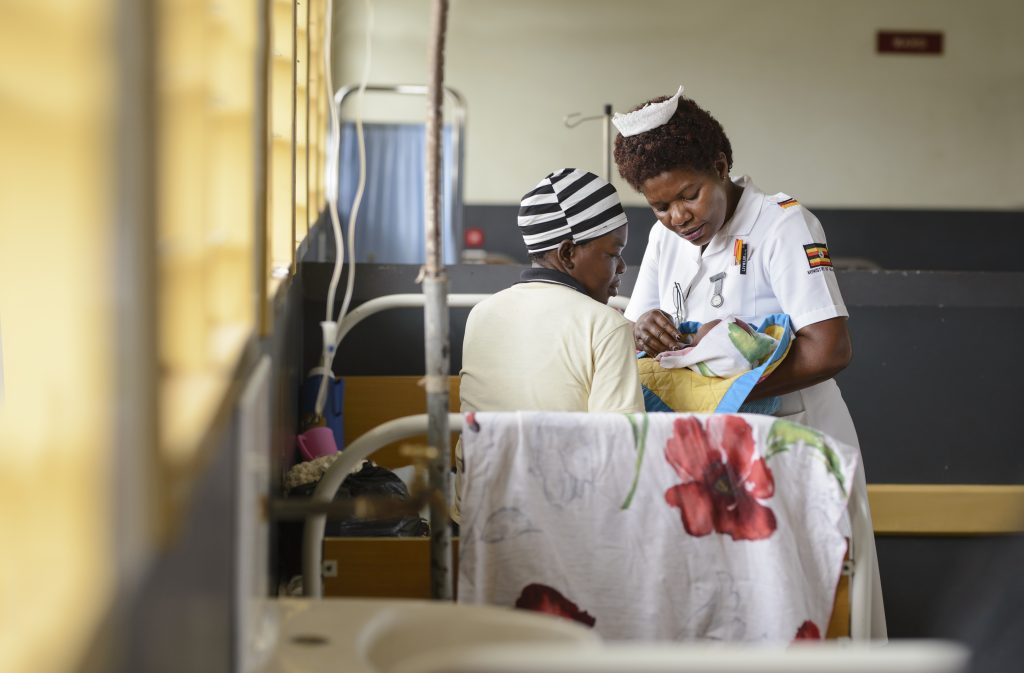
Mark Suzman, Chief Executive Officer of the Gates Foundation, noted that innovations exist, but too many mothers and babies are dying because these solutions haven’t reached them and “This Fund changes that.”
With 90 per cent of its £480 million (about Ksh82.9 billion) goal already secured, the Beginnings Fund is poised to make a profound impact on maternal and child health across Africa.
By focusing on sustainability, innovation, and government ownership, it could be a pivotal step toward achieving the UN Sustainable Development Goals.
If successful, the Fund will not only save lives but also catalyse a shift in how the world invests in women’s health from fragmented projects to large-scale, sustainable solutions built on trust, evidence, and solidarity.
